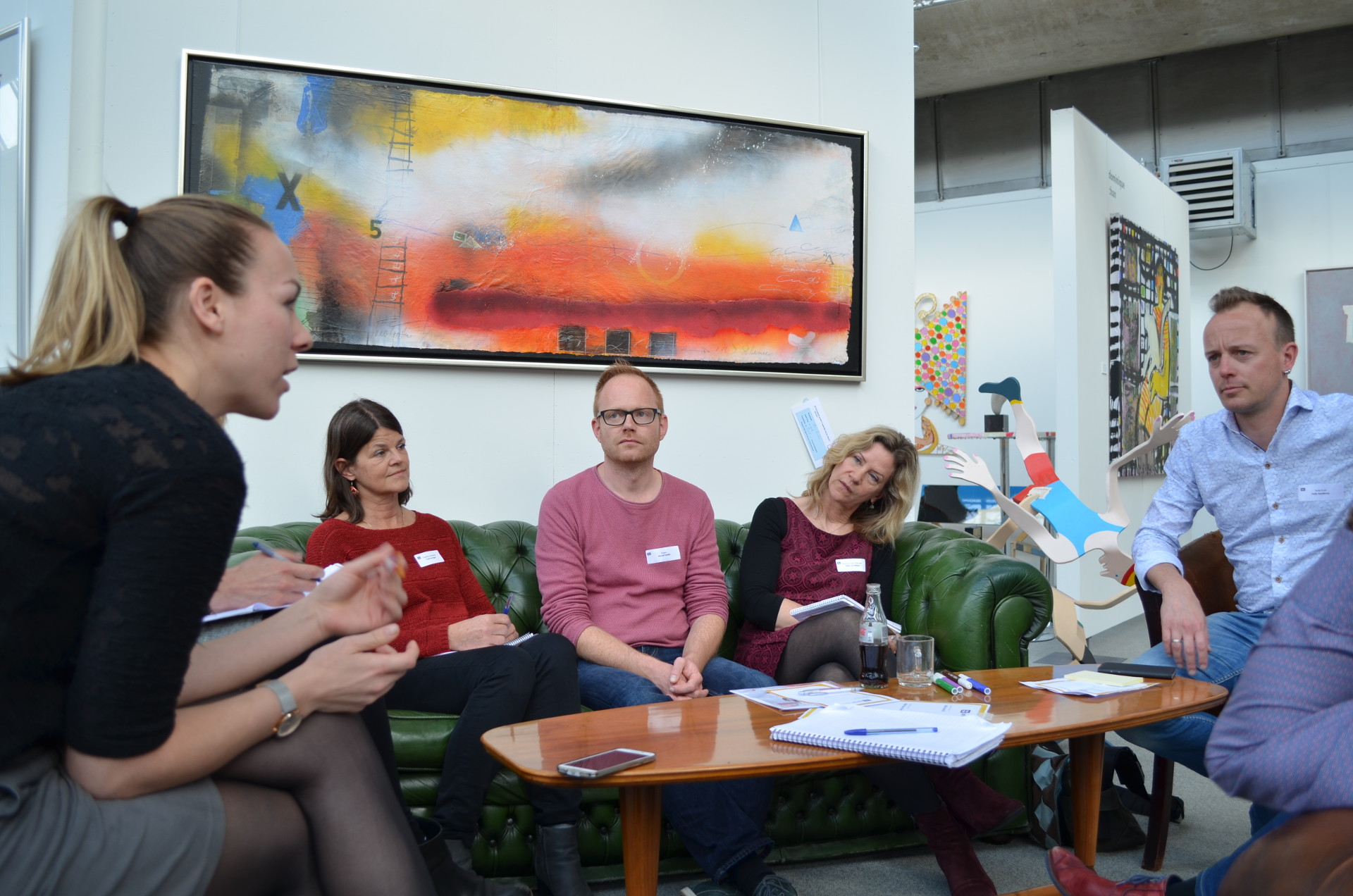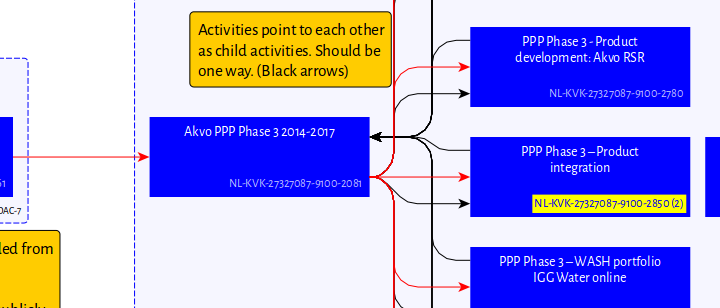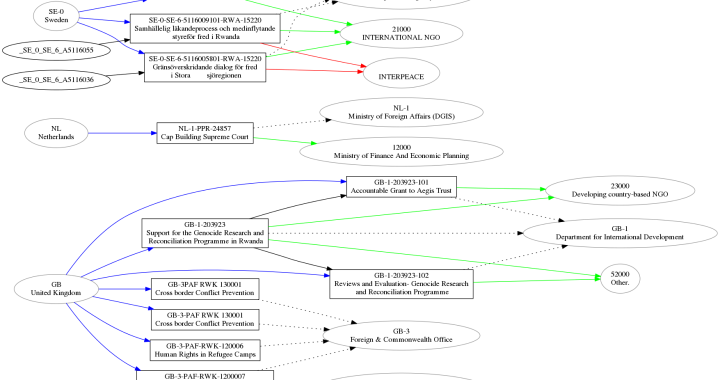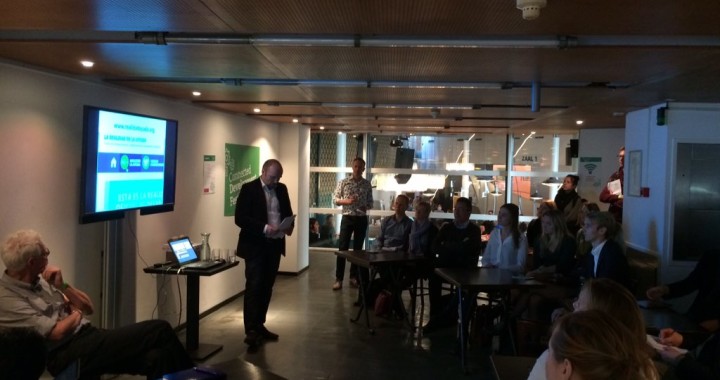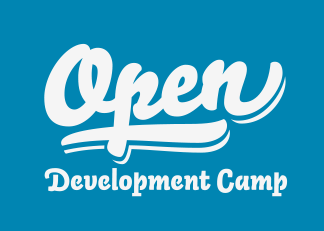Will DeepSeek democratise AI?
Will DeepSeek be a game changer like ChatGPT was? The benefits and the public release of their models could level the playing field, as Mike Pound of the University of Nottingham argues in this Computerphile video. But will it be able to challenge the current quasi-monopoly, and democratise AI? And how accurate are the DeepSeek claims anyway?


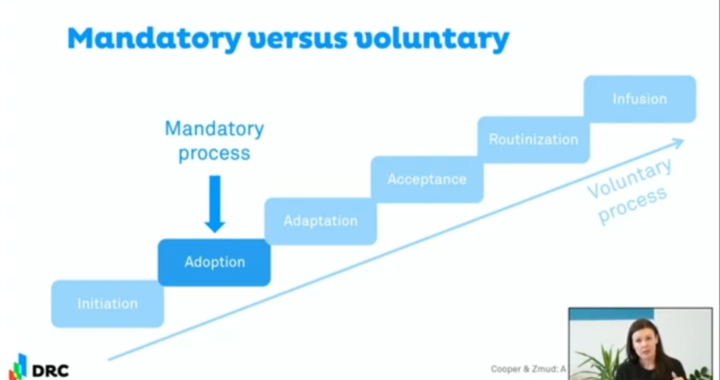
 Over the last weeks, I started exploring
Over the last weeks, I started exploring  There are clear parallels with
There are clear parallels with 